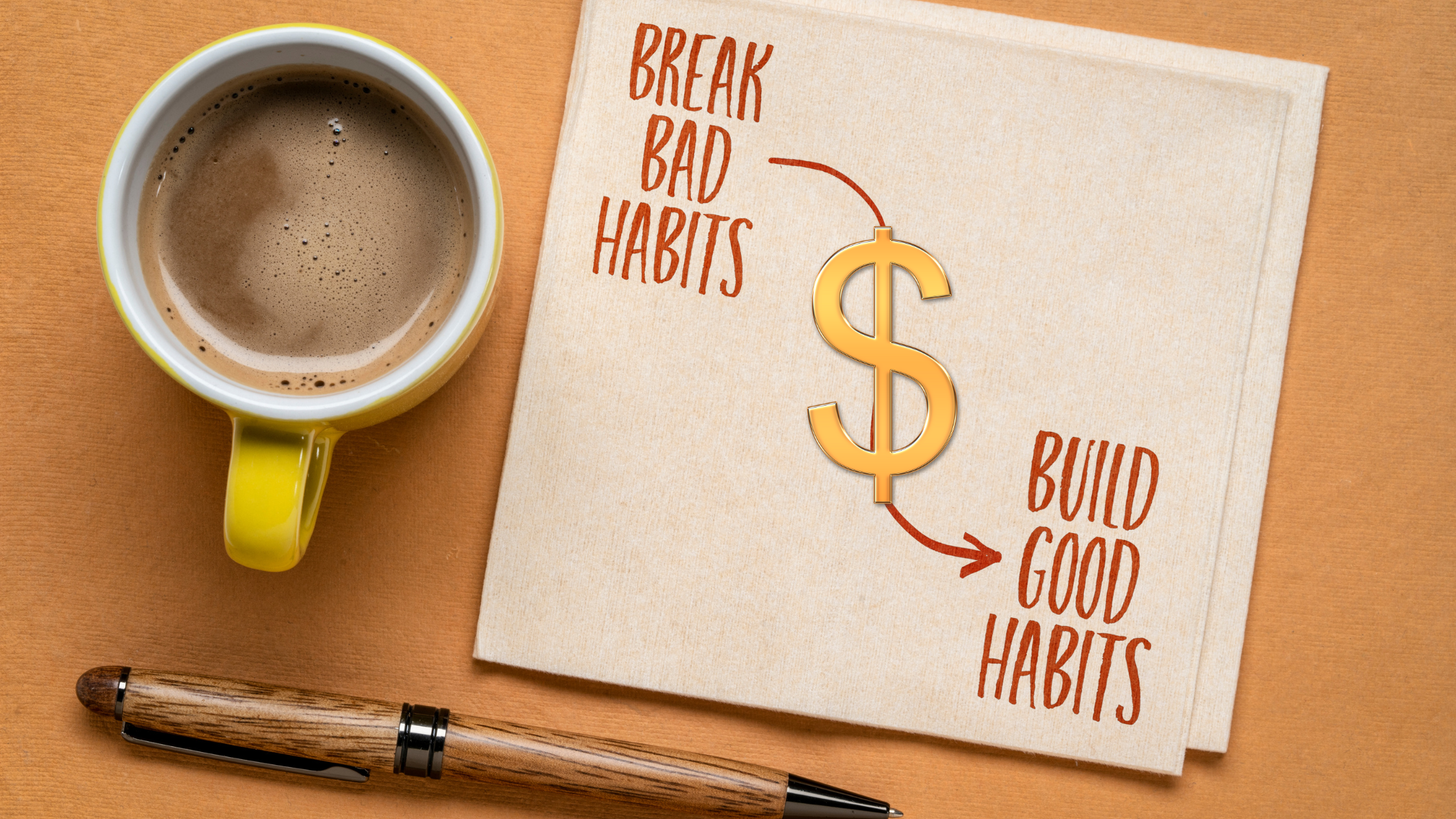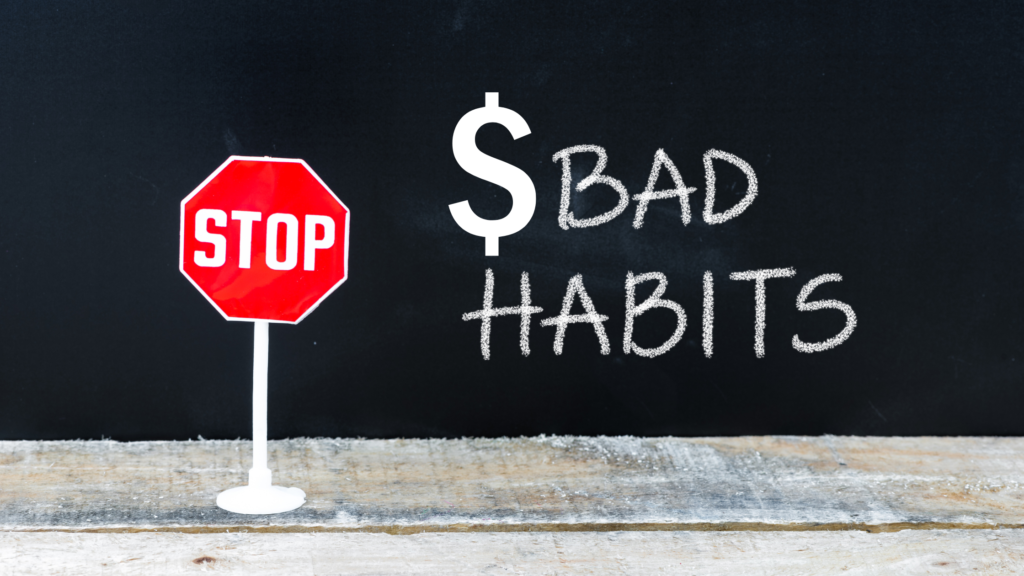Physical Address
304 North Cardinal St.
Dorchester Center, MA 02124
Physical Address
304 North Cardinal St.
Dorchester Center, MA 02124

Breaking free from bad money habits can feel like an uphill battle, especially when these patterns are deeply ingrained in our daily lives. However, with determination and the right strategies, it is entirely possible to replace destructive financial behaviors with positive ones. In this article, we’ll explore how to identify, address, and overcome bad money habits to set yourself on the path to financial success.
Bad money habits are behaviors that undermine your financial well-being. These include overspending, neglecting to save, living paycheck to paycheck, and failing to budget effectively. Such habits can lead to mounting debt, financial stress, and missed opportunities for wealth building. Identifying these habits is the first step toward breaking free from their grip.
For instance, studies show that nearly 60% of Americans live paycheck to paycheck, often due to avoidable financial missteps like overspending or lack of planning (CNBC). Acknowledging these habits is essential to creating lasting change.

Impulse buying is one of the most common bad money habits. Whether it’s online shopping during a sale or grabbing unnecessary items at the checkout counter, these small purchases can add up.
Many people view budgeting as restrictive, but neglecting to create and stick to a budget is a major pitfall. Without a clear understanding of income and expenses, it’s easy to overspend.
Carrying high balances on credit cards and paying only the minimum amount each month results in accumulating interest, making it harder to pay off debts.
Living without an emergency fund leaves you vulnerable to unexpected expenses, often leading to more debt.
Read also: How to Build Financial Habits That Last a Lifetime
The first step in overcoming bad money habits is identifying the triggers that cause them. Do you shop to cope with stress? Do you skip budgeting because it feels overwhelming? Recognizing the root cause is essential.
Budgeting doesn’t have to be complicated. Start by listing your income and expenses, categorizing them into needs and wants. Allocate a portion for savings and track your spending regularly. Tools like Mint can simplify this process.
One of the easiest ways to build better financial habits is by automating your savings. Set up automatic transfers to your savings account as soon as your paycheck is deposited. This ensures you prioritize saving over spending.
Switching to cash for daily expenses can help you stick to a budget. The physical act of spending cash makes you more mindful of your purchases, curbing impulse buys.
Improving financial literacy is key to breaking bad money habits. Resources like Investopedia and Clever Girl Finance offer free courses and articles on personal finance.

This simple strategy involves saving a portion of your income before spending anything else. It’s a powerful way to prioritize long-term financial goals.
Knowing where your money goes is crucial. Apps like YNAB help monitor and categorize spending, making it easier to identify areas for improvement.
Having clear, achievable goals keeps you motivated. Whether it’s saving for a vacation, paying off debt, or building an emergency fund, setting milestones helps track progress.
Before making any purchase, ask yourself if it aligns with your financial goals. This simple pause can prevent unnecessary expenses.

Many bad money habits stem from emotional or psychological factors. For example, retail therapy, shopping to relieve stress, is a coping mechanism that can wreak havoc on your finances. Addressing these underlying issues through mindfulness or counseling can be transformative.
Additionally, adopting a growth mindset—believing that change is possible through effort, is crucial for success. Surround yourself with positive influences, such as friends who practice good financial habits or online communities focused on personal finance.
Breaking free from bad money habits doesn’t have to be a solo endeavor. Numerous online resources can help:
Breaking free from bad money habits is a journey, not a destination. By identifying your triggers, implementing practical strategies, and leveraging external resources, you can transform your financial future. Remember, small changes lead to significant results over time. Start today and pave the way for a life free from financial stress.